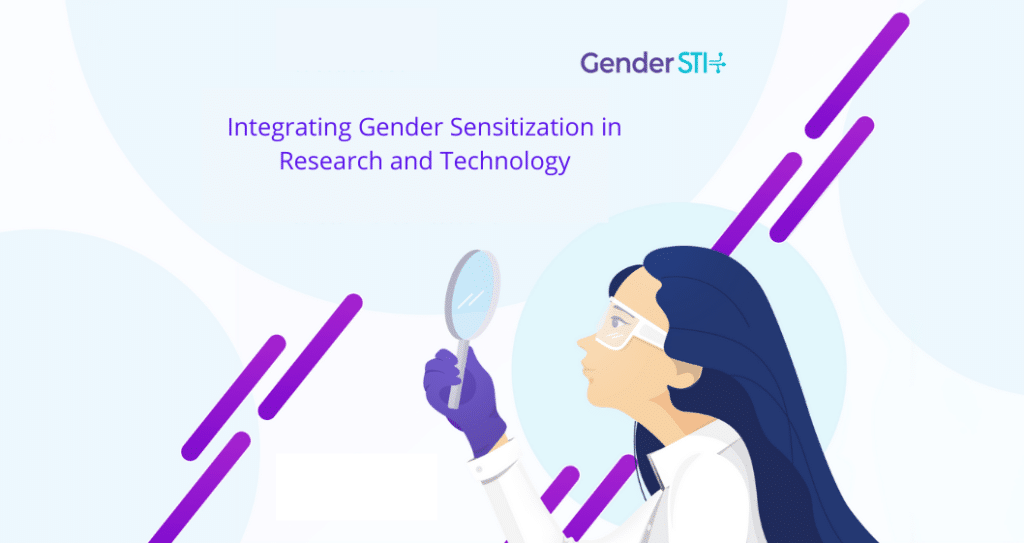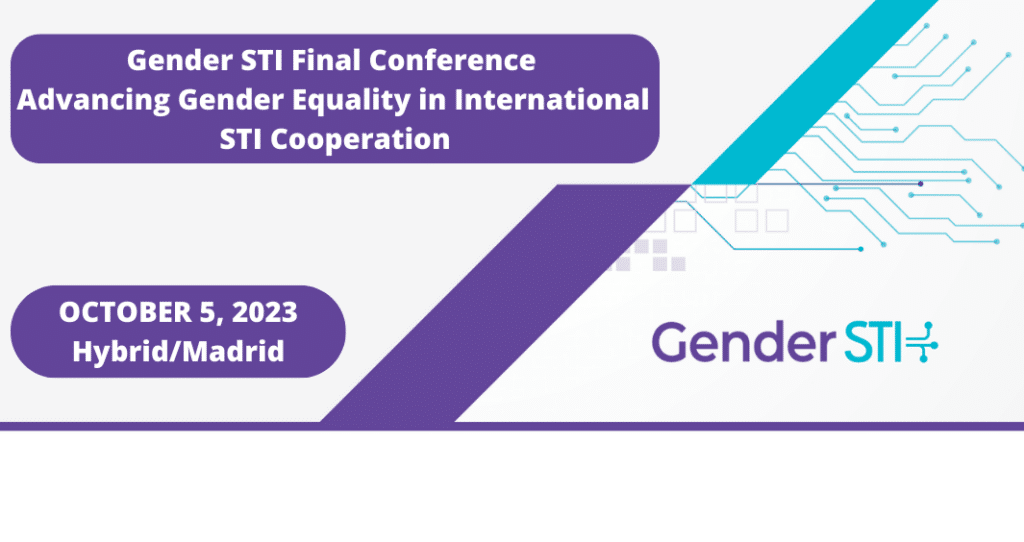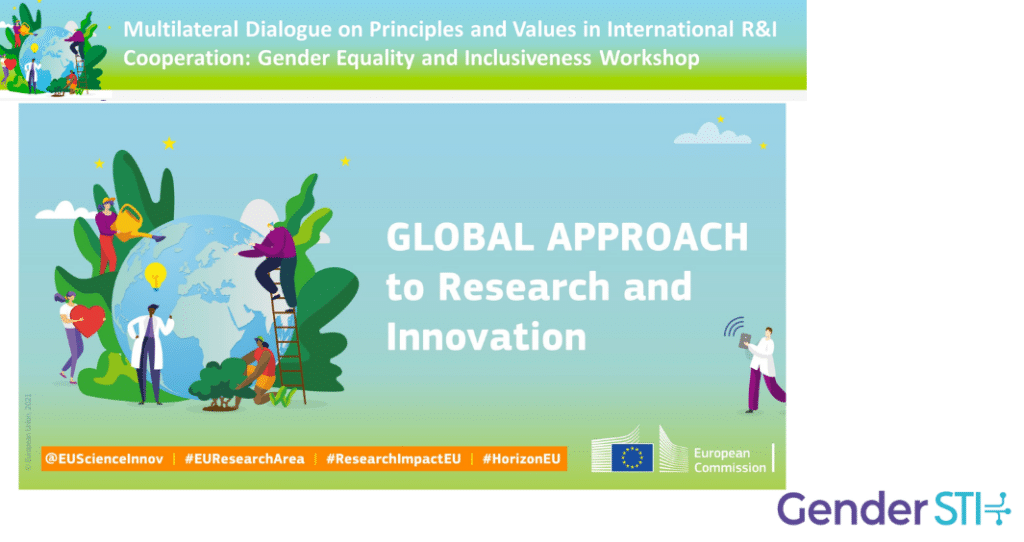The Gender STI project is thrilled to participate in the International Day of Women and Girls in Science, the annual effort to promote full and equal access to and participation in science for women and girls carried out by the United Nation’s Educational, Scientific and Cultural Organization (UNESCO) and the United Nations Entity for Gender Equality and the Empowerment of Women (UN Women).
History of February 11th
Every year since 2016, UNESCO and UN Women observe the International Day of Women and Girls in Science, which takes place on Feb. 11. The event aims to use education and public awareness-raising activities to promote the full and equal participation of women and girls in education, training, employment and decision-making processes in science. Participants also advocate for the elimination of all discrimination against women in science and the breaking of legal, economic, social and cultural barriers preventing them from getting involved in science.
In a statement, Phumzile Mlambo-Ngcuka, Under-Secretary-General of the United Nations and Executive Director of UN Women, highlighted that we still have a long way to go to tackle the challenges for women and girls in science.
“Less than 30% of the world’s researchers are women, with studies showing that women in STEM are published less, paid less for their research and do not advance as far as men in their careers,” Mlambo-Ngcuka said. “We need to break gender stereotypes that link science to masculinity and expose young generations to positive role models.”
From Gender STI’s perspective, this knowledge is troubling, and only reinforces our commitment to analyze gender equality in dialogues between Europe and third countries and propose solutions to challenges faced with regards to gender equality in scientific careers, gender balance in decision making and the integration of the gender dimension in R&I content.
Gender STI #WomenInScience Campaign
As part of our contribution to the International Day of Women and Girls in Science, we’ll be sharing the stories of researchers and experts involved in the Gender STI project, many of which are incredible women, all week. Our partners will explain why they decided to work in science, technology and innovation, share their reactions to current statistics about women researchers and describe what they think needs to be done to encourage more girls and women to pursue scientific careers.
In addition, we’ll also be featuring input from researchers and experts involved in our sister projects, which also study and promote gender equality. We are so excited to be a part of a passionate community of researchers and experts striving to ensure women have the place they deserve in science.
Follow our campaign using the hashtags #WomenInScience, which is the official hashtag used by UNESCO and UN Women, and #GenderSTI. Although the International Day of Women and Girls in Science is only this week, it should be celebrated every day. Women and girls are doing amazing things in science all the time, and they need our support. When we fully support our women and girls, there are no limits to what our society will be able to accomplish.



